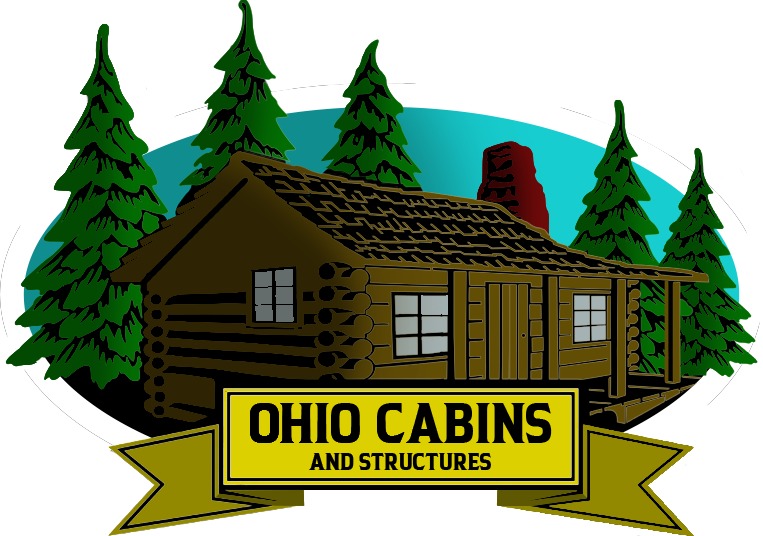As more people explore alternative housing options for affordability, sustainability, and speed of construction, confusion often arises around different home types. A common question is: is a modular home a trailer? The short answer is no—a modular home is not a trailer. While both modular and manufactured homes offer factory-built advantages, they differ significantly in construction standards, design possibilities, financing options, and long-term value. In this article, we’ll explore the differences and clarify what truly sets modular homes apart.
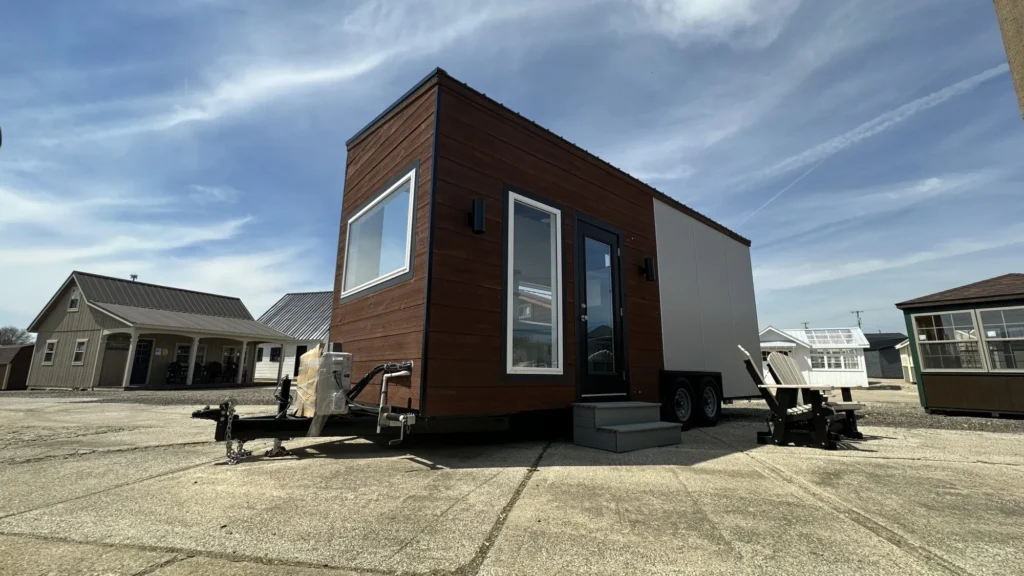
Understanding Modular Homes
A modular home is built in sections, called modules, within a climate-controlled factory. These modules are then transported to a building site and assembled on a permanent foundation. Importantly, modular homes must adhere to the same local, state, and regional building codes as traditional site-built homes.
Once assembled, a modular home is virtually indistinguishable from a traditional home in appearance, quality, and performance. It is considered real property, appreciating in value over time and qualifying for traditional mortgage financing.
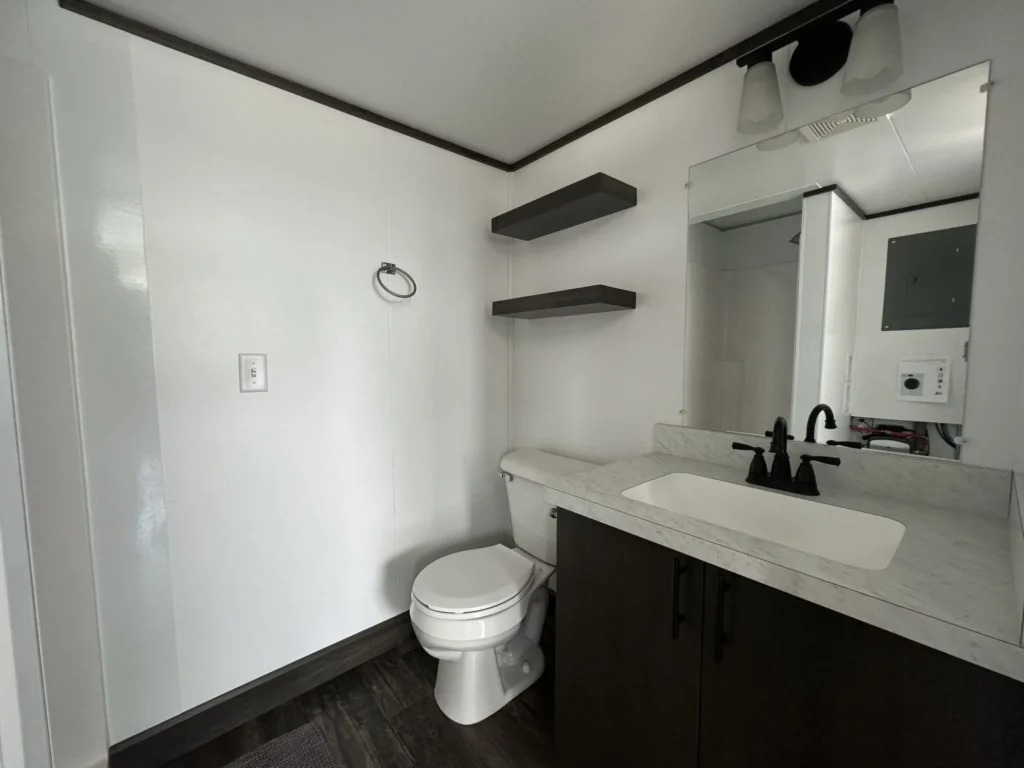
Understanding Trailers and Manufactured Homes
When people refer to trailers, they often mean manufactured homes or mobile homes. Manufactured homes are also factory-built but differ because they:
- Are built to federal HUD (Department of Housing and Urban Development) standards rather than local building codes.
- Are typically built on a steel chassis that remains attached, even after installation.
- May be placed on temporary supports rather than permanent foundations.
- Are often considered personal property unless permanently affixed to land.
While modern manufactured homes have improved in quality, they are still distinct from modular homes in construction, regulation, and valuation.
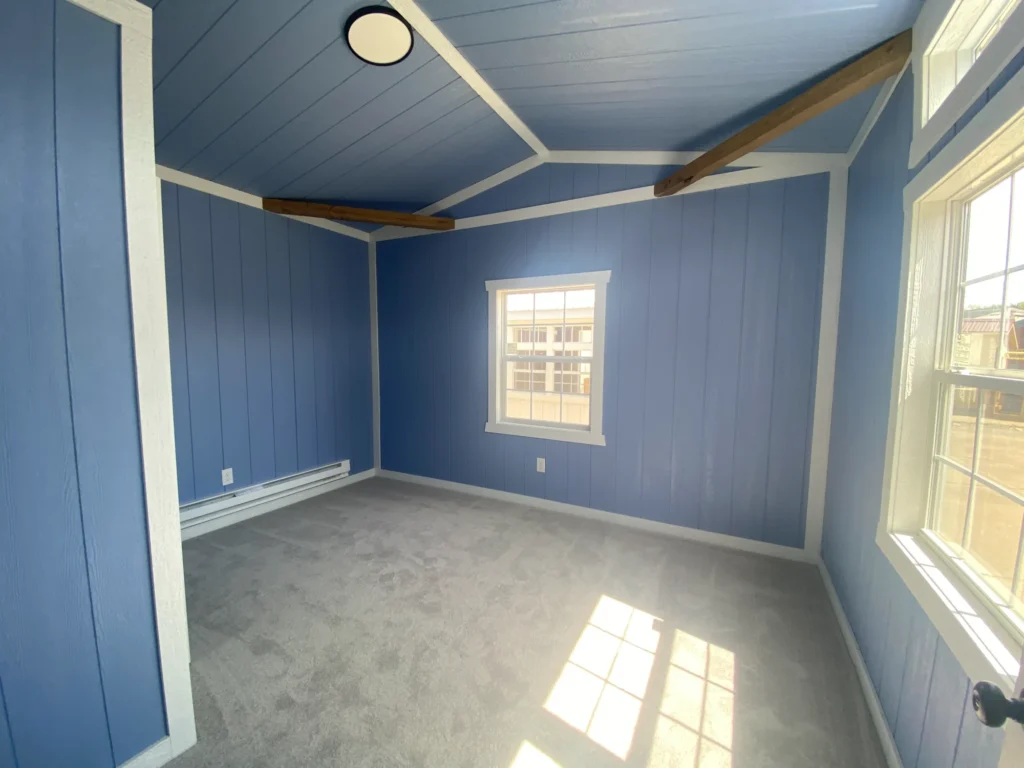
Key Differences Between Modular Homes and Trailers
When asking “is a modular home a trailer,” it helps to look at specific areas of difference:
- Building Codes: Modular homes meet the same codes as site-built homes; manufactured homes follow HUD standards.
- Foundation: Modular homes are placed on permanent foundations like basements, crawl spaces, or slabs; trailers are often placed on steel frames and piers.
- Mobility: Modular homes are not designed to be moved after placement; trailers can be moved if necessary.
- Appreciation: Modular homes typically appreciate like traditional homes; trailers may depreciate over time unless properly installed on permanent land.
- Financing: Modular homes qualify for standard mortgages; financing for manufactured homes can be more limited or treated like personal property loans.
Understanding these differences clears up why modular homes are fully accepted by banks, insurance companies, and real estate markets alongside traditional construction.
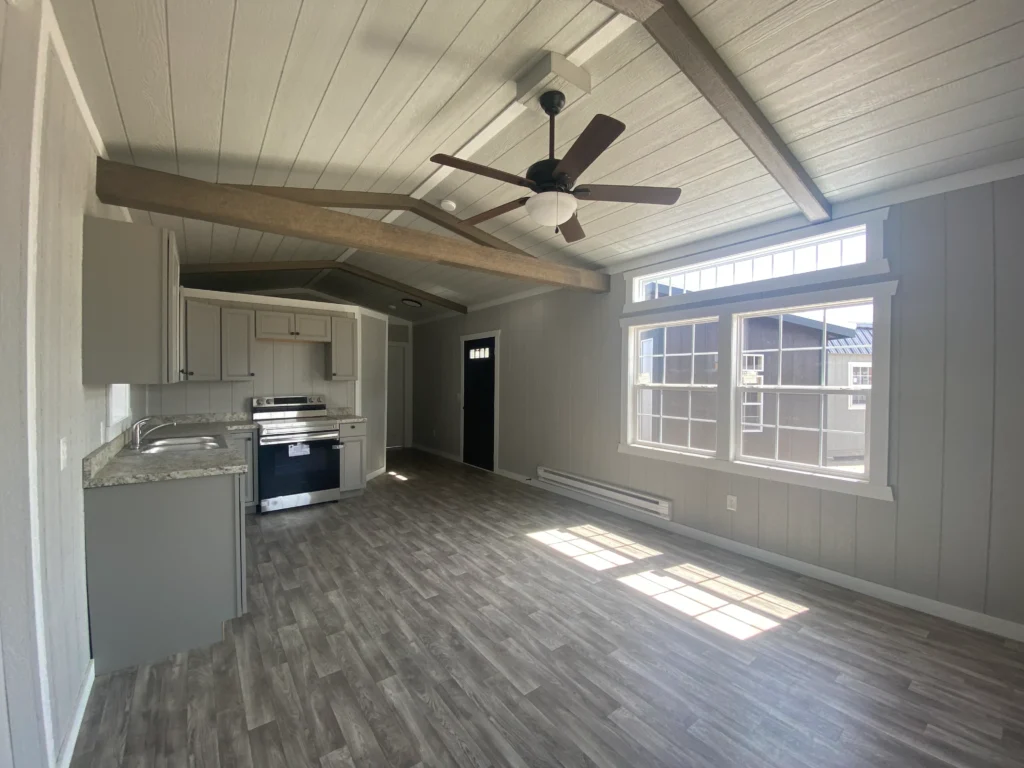
Appearance and Customization
Another important distinction is appearance. Modular homes offer extensive customization options, including:
- Multiple stories
- Basements and garages
- High-end finishes like granite countertops and hardwood flooring
- Custom layouts, porches, and rooflines
By contrast, manufactured homes—while offering improved aesthetics—generally have more standardized layouts and fewer high-end upgrade possibilities.
A modular home can be tailored to look exactly like a conventional stick-built house, while a trailer often retains elements of its mobile origins.
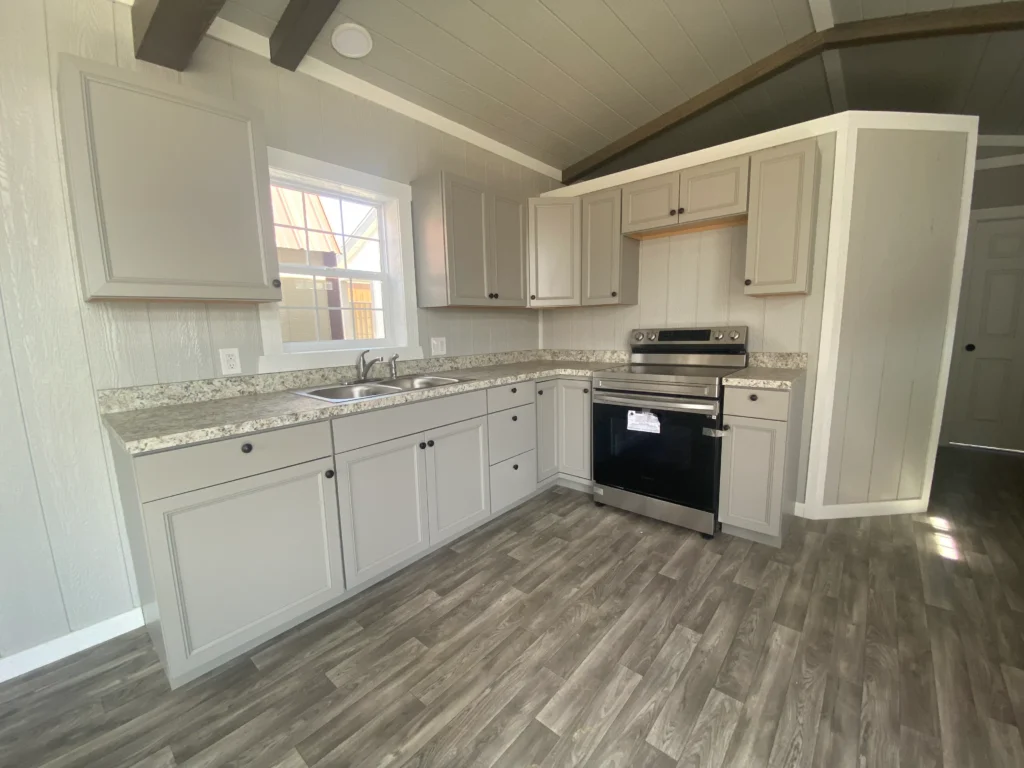
Why the Confusion Exists
The confusion around “is a modular home a trailer” often stems from outdated perceptions. Early manufactured homes (then called “mobile homes”) were smaller, simple, and designed for portability, leading to negative stereotypes.
Today, modular homes represent a completely different category of construction, offering all the benefits of factory-built precision without the limitations or stigma associated with trailers.
Advantages of Modular Homes
Choosing a modular home offers many benefits:
- Faster Construction: Building indoors eliminates weather delays.
- Quality Control: Factory environments maintain consistent building standards.
- Energy Efficiency: Modular homes often include energy-saving features.
- Durability: Engineered to meet stringent building codes.
- Resale Value: Appreciates over time when properly maintained.
Modular construction offers flexibility, beauty, and long-term value that rivals and often surpasses traditional stick-built homes.
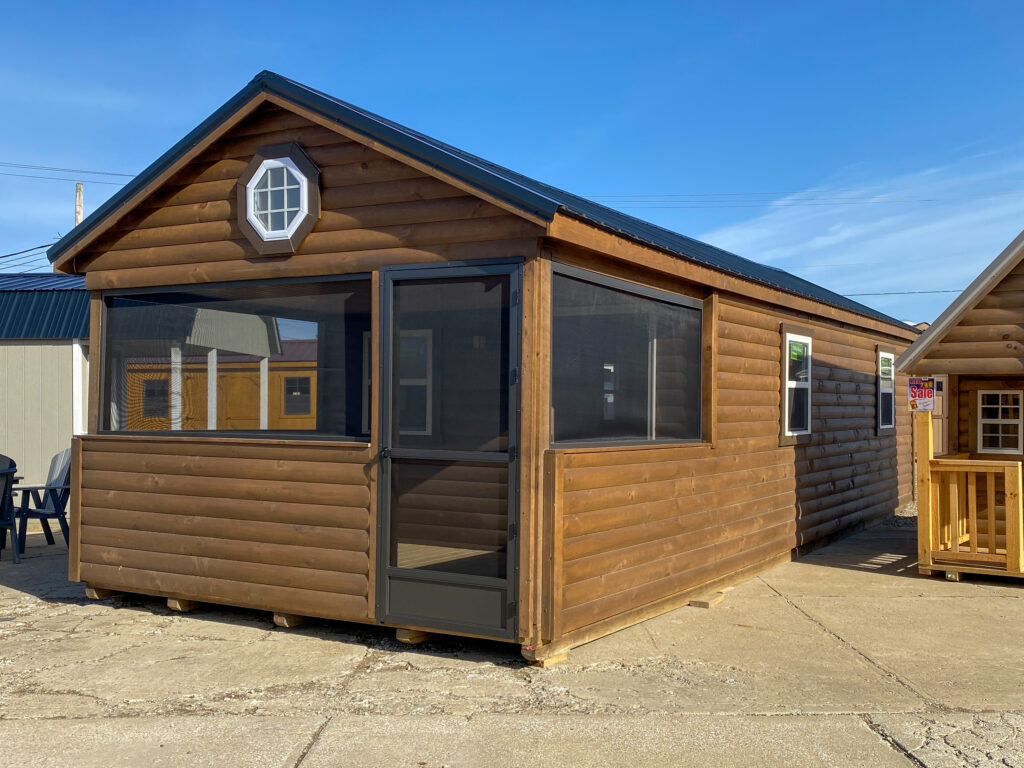
Ohio Cabins & Structures: Modular Living Solutions
Ohio Cabins & Structures provides high-quality modular cabins, cottages, and homes designed to blend craftsmanship, flexibility, and value. Their buildings are built to meet or exceed local building codes, making them permanent, mortgage-eligible, and customizable for a wide range of lifestyles.
If you are considering a modular structure for your home, vacation getaway, or off-grid retreat, explore options at Ohio Cabins & Structures. For additional education on modular vs. manufactured homes, resources like Modular Homeowners and HUD.gov provide detailed guidance.
Understanding that a modular home is not a trailer empowers buyers to make informed decisions—and opens the door to stylish, durable, and high-value homeownership.
